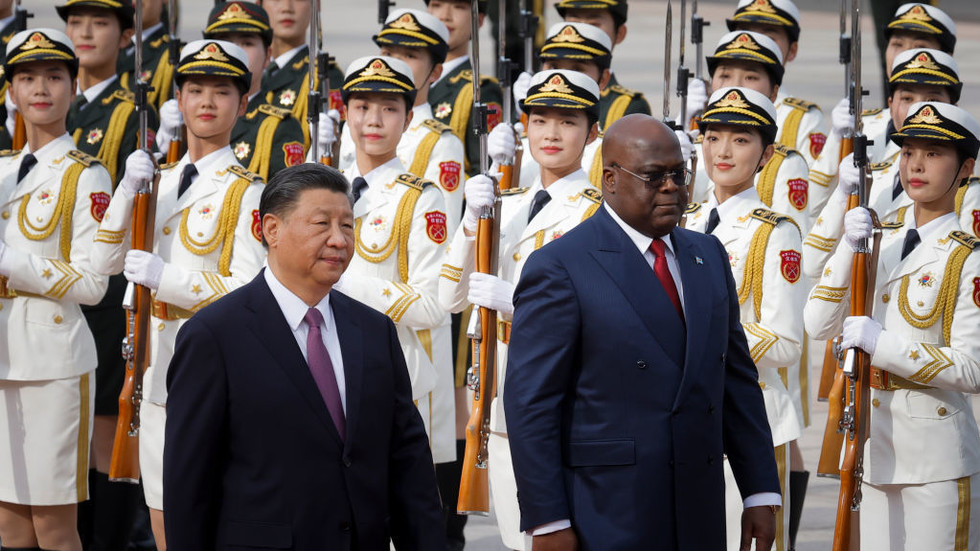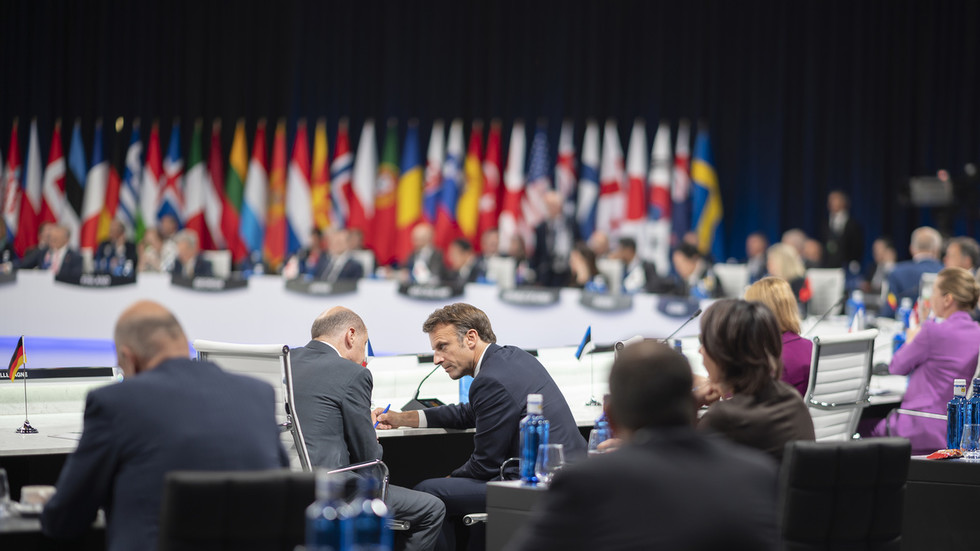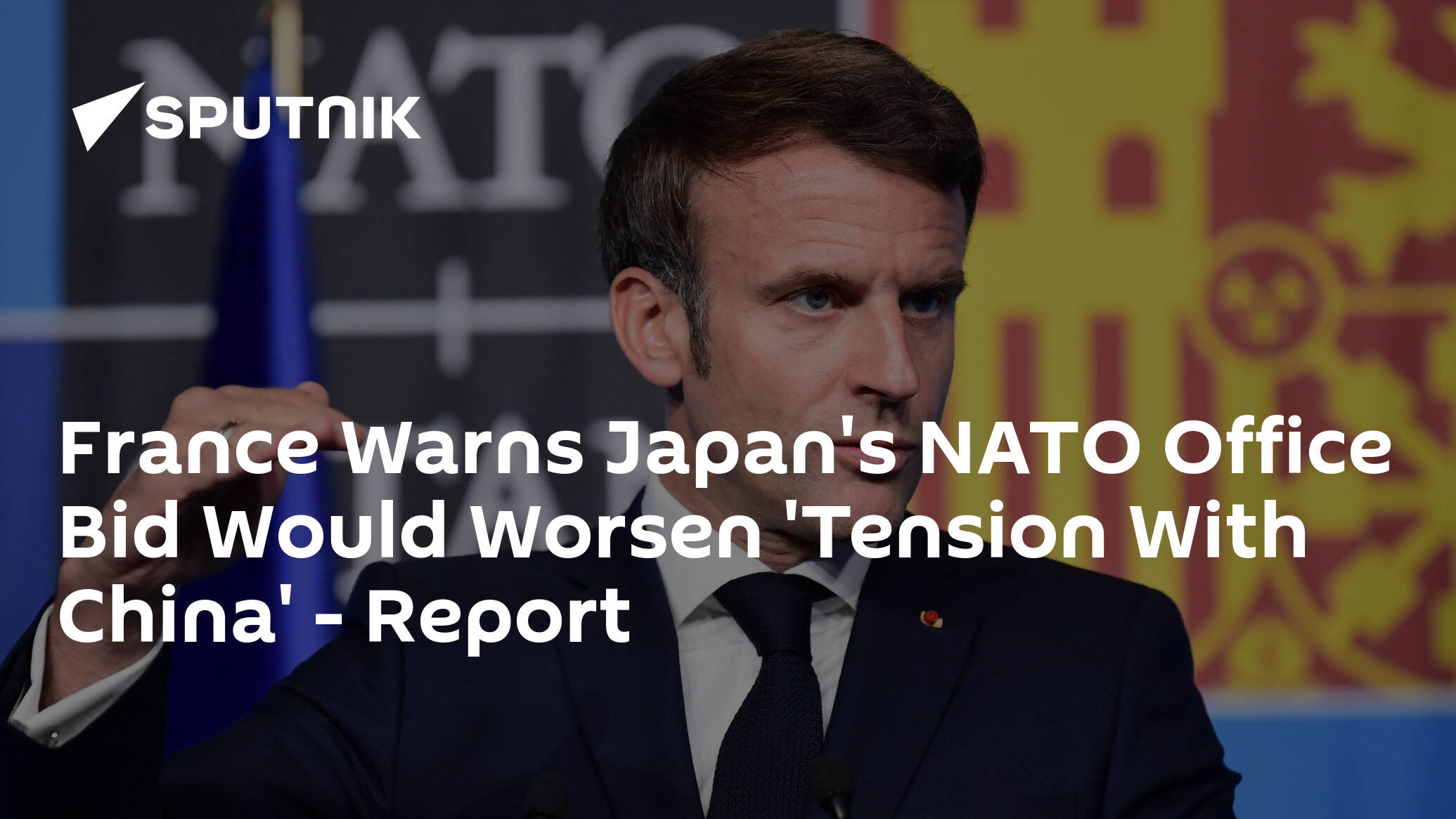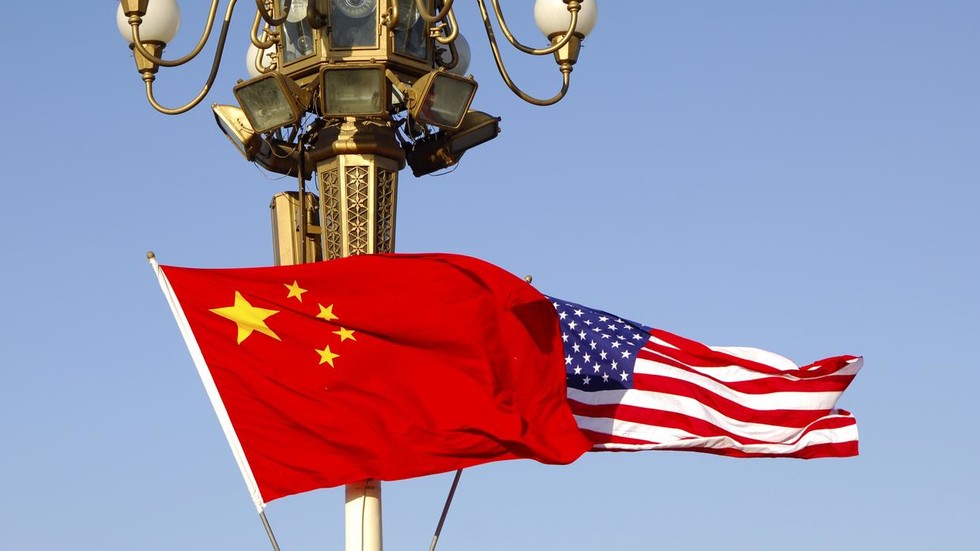The Australian Institute of International Affairs is mostly a basket case of hysterical geopolitical hallucination at this point, but occasionally they propose something that piques interest. In this case, it was a
lecture called
Chinese Style Modernisation: Promoting Chinese Morality and Civilisation as Alternatives to Western Liberalism.
AIIA said:
Over the last decade China has proposed both a model of ‘Chinese-style governance’ and more recently at the 20th Party Congress in late 2022, ‘Chinese-style modernisation’. Chinese-style modernisation carries the claim that China has created a ‘new form of human civilisation’. It contains a number of discursive similarities to Chinese-style governance that centre around the idea that Chinese (including Confucian, revolutionary and advanced socialist) governance thinking can reshape society by moulding the behaviour of its citizens. This workshop explores points of intersection and divergence between Chinese-style governance and Chinese-style modernisation. It examines two main questions:
- What is the nature of Chinese-style moral governance and Chinese-style modernisation?
- How do they initiate new conceptions of state and citizen as ideological and ‘civilisational’ alternatives to modern liberal democracy?
Of course, digging a little deeper into the speaker schedule, we get a slightly more comprehensive picture of where this is going:
AIIA said:
The Culturalisation of Governance Under Xi Jinping
Ideological terms such as ‘spiritual civilisation’ and ‘rule by moral virtue’ have been part of the Chinese Communist Party’s moral governance repertoire since the 1980s. But moral governance under Xi Jinping today has taken a more ‘comprehensive’ turn; indeed, comprehensiveness is what Xi intends to achieve by embedding moral governance into the Party’s overall social governance design. Here, moral governance plays a central part of a wider program of Chinese-style social governance first introduced at the 18th Party Congress in 2013, which seeks to ‘modernise national governance ’and ‘enhance governance capacity’.
This paper looks at three ways in which the Party is currently making moral governance increasingly central to its comprehensive governance ambitions. First the Party is institutionalising moral governance programs into municipal and rural social governance plans. Second, it is creating spaces for civil society volunteers to participate in the governance of their peers and third, it is bolstering the Xi Jinping era ‘discourse power’ of China style governance by basing the Party’s legitimacy increasingly on civilizational discourse in an effort to dominate the discursive space of ‘values’ and restrict the spread of alternative (western) values.
Here we see the postmodern geopolitical perspective of 'narrative wars' between countries and attempts to dominate the 'discursive space of values' in order to maintain that political authority's own 'legitimacy'; ie. there is no inherently "legitimate" government, just power politics and structures that vie with each other for whose ideology/values can accrue the most influence, thus dominating land, natural resources and people through the minds of those that possess them.
AIIA said:
The Road to Moral Unfreedom
One of the key developments in social governance in the Xi era has been the ramped-up role that state-sanctioned ‘socialist’ moral codes—such as patriotism—plays in the shaping of theory and practice of law and justice. This new development works hand in glove with an intensified anti-West discourse. We suggest that the Chinese Communist Party’s obsession with anti-Westernism in ideology essentially derives from a rejection of individualism as a philosophical option and fear of the return and popularisation of individualism (which does have its roots in China’s own philosophical tradition) brought by increased economic freedom and social mobility. As moral judgement prevails, self-worth is obliterated and personal freedom to pursue one’s own conceptions of the good diminishes, which in turn damages respect and self-respect in social relations.
After the establishment of a "Clash of Civilizations" pseudo-context, the next speaker apparently wishes to expound on China's 'slide into authoritarianism' as due to an obsessive anti-Western ideology brought about by a fear of individualism, especially that lurking seed of individualism in China's own indigenous philosophies! Can't the Chinese people see that such a course of action will lead to a destruction of social relations and subsumation into a Borg-like cultural collective? (Western projection to the max here, or what!?) In reality, the CCP's "obsession with anti-Westernism" is rather an obsession with prophylactic measures against ponerogenic western cultural 'innovations' like the LGB and 'gender fluidity' agendas and Race Marxism.
AIIA said:
“There is great order under heaven; the situation is excellent”
Mao Zedong, driving the Great Proletarian Cultural Revolution: “There is great disorder under heaven; the situation is excellent.” In contrast for Xi Jinping, his family banished from the Zhongnanhai Eden during that chaos but now seeking full redemption from Mao's spirit by rejuvenating the Party, only order matters. He embodies his own Thought’s “Chinese Characteristics,” which essentially comprise locking eyes with him and following his orders as he strips back now-redundant layers of government to enable his complaisant Party to rule directly. The resulting infantilising of decision-making causes a swingeing[sp] between hierarchic immobilism and bursts of radical reconstruction, as the Emperor – no longer far away, with mountains being razed– lours over all in this sacerdotal New Era during which struggle offers a welcome opportunity for sacrifice such as Xi’s own family made earlier, and eating bitterness enables all to dedicate themselves humbly to the Party’s apotheosis.
And where would the new Borg Empire be without its Emperor! Clothed in golden robes like Supreme Leader Snoke from
The Last Jedi, Xi Jinping taps into his former incarnation as Mao Zedong, locks his hypnotic gaze on his billions of infantile imperial subjects, stretches out his hand and demands that they "
give him everything". The level of western projection here is off the charts.
AIIA said:
Production and Global Dissemination of Chinese Legal Ideology
The leaders and ideologues of the Chinese Communist Party profess an interest in increasing the impact of Chinese social sciences and governance ideology in foreign countries. On its face, this project amounts to an ambitious, even radical, ideological challenge against liberal legal thought. Nevertheless, these attempts can also be seen to highlight various challenges that illiberal regimes face in the production and global advocacy of governance ideology. First, the domestic priorities of illiberal ideological speech may not support ideological advocacy in foreign contexts. Second, characteristically illiberal argumentative strategies may be less effective in front of foreign audiences than they are domestically. Third, illiberal ideological sensitivities may impair, or make unavailable, certain advocacy strategies, which could be effective in front of foreign audiences. Despite such challenges, Chinese ideological speech has had effects in foreign contexts. Among other things, Chinese ideological advocacy has made it easier for foreign politicians and legal scholars to criticize Western promotion of the rule of law and human rights.
Having established "great order under heaven" at home, the Emperor has turned his gaze to the world beyond his empire's borders, and the catapults have begun hurling the propaganda across thousands of miles, into the very heart of the judicial structures and policy think-tanks upon which the "rules-based international order" is allegedly founded, safeguarding the world's most precious treasures: freedom and democracy!
And, *shock, horror*, the 'propaganda' appears to be working!!! Foreign politicians and legal scholars are now actually beginning to think that the west's promotion of the rule of law and human rights is just an ideological mask for hegemonic domination! How would they ever have been able to come to those conclusions if not for those 'damn chinky-chinks'!
AIIA said:
Chinese-style Modernisation: Civilisation as Soulcraft in Contemporary China
Chinese-style Modernisation is distinguished by its recent emphasis on ‘spiritual civilisation’. The paper examines prominent contemporary initiatives, such as socialism with Chinese characteristics, China Dream and Tianxia to explore the nature of this ‘new’ civilisation and evaluate the extent to which it represents a credible alternative to the universalism of contemporary liberal democracy. The core argument of the paper is that these civilisational approaches do provide a form of soulcraft, but to the extent that they are either too general, or too distinctly Chinese, or indeed implicitly recall an older conception of Chinese empire, they will not represent a viable alternative model to replace liberal democracy. Nevertheless, these civilisational claims are significant in two important ways. They will be theoretically influential by their corrosive effect on liberal universalism and the institutions founded on its principles. More ambitiously, they seek to demonstrate the insufficiency of ‘performance’ legitimacy for modern states. Chinese modernity with its civilisational claims therefore represents a lesson for ‘smart’ authoritarian regimes on why they should be proud of their own cultural and ideological heritage and how they can combine technological advances with their unique religious, nationalistic or ethnic principles to fashion distinctive modern ideologies that can resist the challenges of modern liberal democracy.
This is actually a little more interesting.
"Chinese modernity
with its civilisational claims therefore represents a lesson for
‘smart’ authoritarian regimes on why they should
be proud of their own cultural and ideological heritage and how they can
combine technological advances with their unique religious, nationalistic or ethnic principles to fashion distinctive modern ideologies that can resist the challenges of modern liberal democracy.
"
Are we seeing here a suggestion that the social engineering agendas in the west regarding materialism, anti-religion, open borders, ethnic dilution, postmodern anti-philosophy, gender fluidity et al. are now completely past the point of usefulness to the elites, and a strong rebuilding of a techno-religious-nationalist-ethnic ideology with sufficient cultural gravitas is required, asap, lest the PTB quite literally lose influence over the
souls of their populations?
In the context of the situation in the Middle East, this is even more interesting, because it provides a potential window into why there has been so much effort on the part of of the west to 'prop up' Israel as a political entity: Israeli culture does represent a particular sort of such an experiment in "modern ideology", one that is no doubt intended for use as a 'template' for other western cultures should the experiment not end in failure.
Yet, it seems that the "4/10 Club" haven't done a particularly good job regarding their pivot from one phase of the 'plan' to the next. If Israel ends up going down the same path as Ukraine... it's all over for the empire, for good.
And as for China? It appears that all they need to do is keep on keeping on.

 www.rt.com
31 May, 2023
www.rt.com
31 May, 2023






